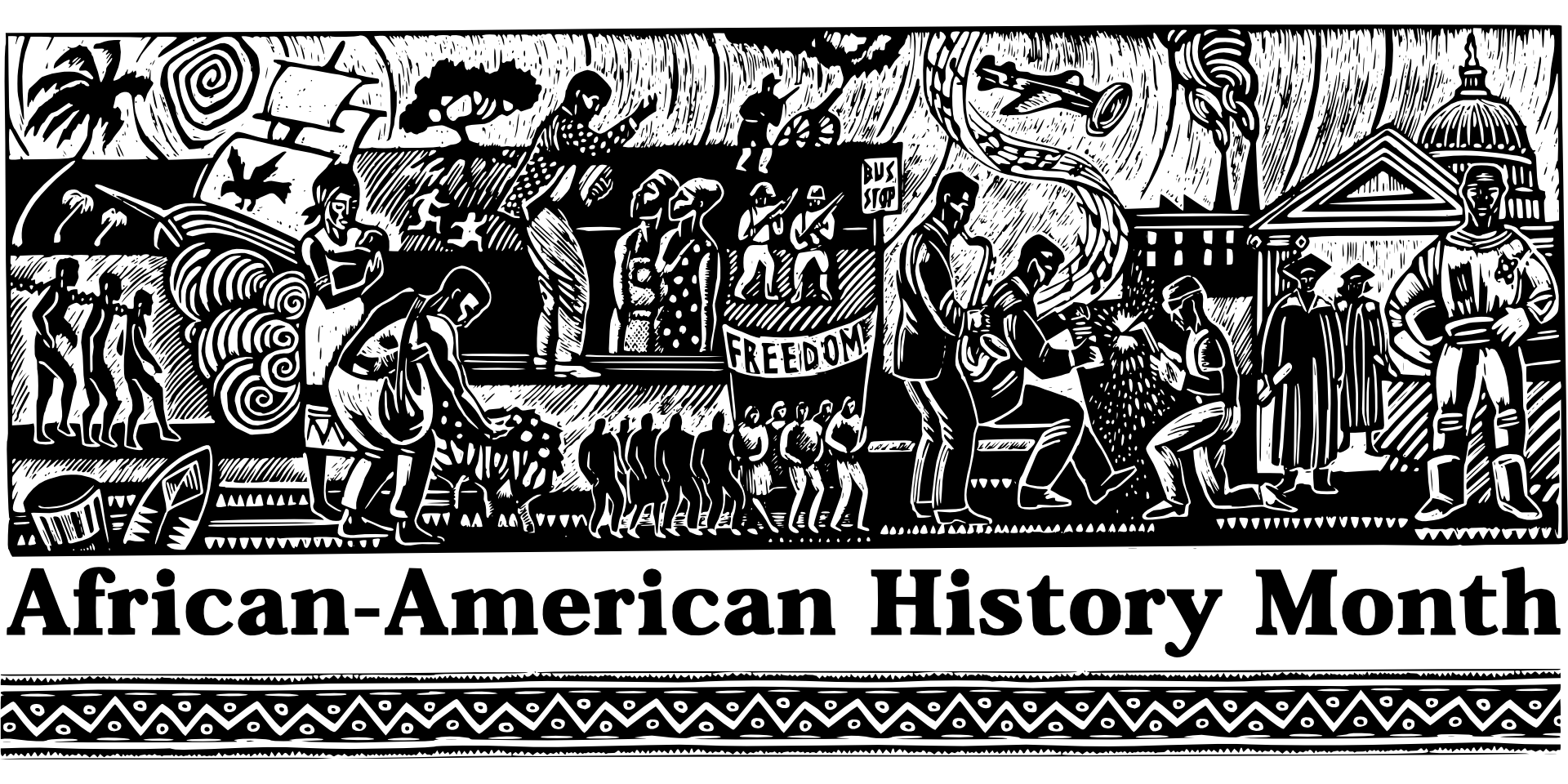
Africans in America. America’s Journey Through Slavery
Part 1: Journey through Slavery – Terrible Trans
1450-1750

Perhaps in the middle of the 17th century, if you were one of several thousand Africans living in Virginia you certainly knew that your children would be free — you might have that expectation. To suddenly find themselves involved in lifelong servitude, and then to realize that in fact their children might inherit the same status, that was a terrible blow, that was a terrible transformation. – Peter Wood, historian
Part 2: Journey through Slavery – Revolution
1750-1805

The Declaration of Independence, I think, is one of the most remarkable documents in the world. . . ‘Inalienable rights.’. . ‘Life, liberty, and the pursuit of happiness’. . . ‘We hold these truths to be self-evident.’. . . [But] it didn’t apply to black folks. Thomas Jefferson kept slaves. But Thomas Jefferson nevertheless wrote these marvelous words, and he understood the inconsistency. . . . – General Colin Powell, former Chairman of the Joint Chiefs of Staff
Part 3: Journey through Slavery – Brotherly Love
1791-1831

What’s blooming now is… in many ways [a] golden age of American optimism… It’s a remarkably optimistic age that could give birth to an Emerson or a Whitman, and even to the slave narratives themselves, which are, in their own way, very optimistic narratives of ascension, or coming from slavery to freedom. But at the same time there’s all of this optimism, this faith in progress in America, there is beginning to be a real fear that what’s spreading across this continent is a problem that some day the country’s got to face: that some day there has to be a solution to this contradiction of slavery in a land of liberty and freedom. – David Blight, historian
Part 3: Journey through Slavery – Brotherly Love
1791-1831

W]hat northerners were saying now is they didn’t want slavery to be part of the future in the West, because slavery would threaten their values, their sense of a work ethic. They were especially concerned that wherever slavery went it tended to degrade the meaning of labor. It tended to degrade the meaning of liberty itself…. Was a civil war inevitable over slavery in America? No. A war was not necessarily inevitable over slavery in America, but a deep conflict over slavery was. Any nation … that founds itself on the creeds of life, liberty, the pursuit of happiness, the right of revolution, the doctrine of consent and the doctrine of equality, and yet develops one of the largest systems of human bondage in the world, is living a national life of contradiction.
– David Blight, historian
